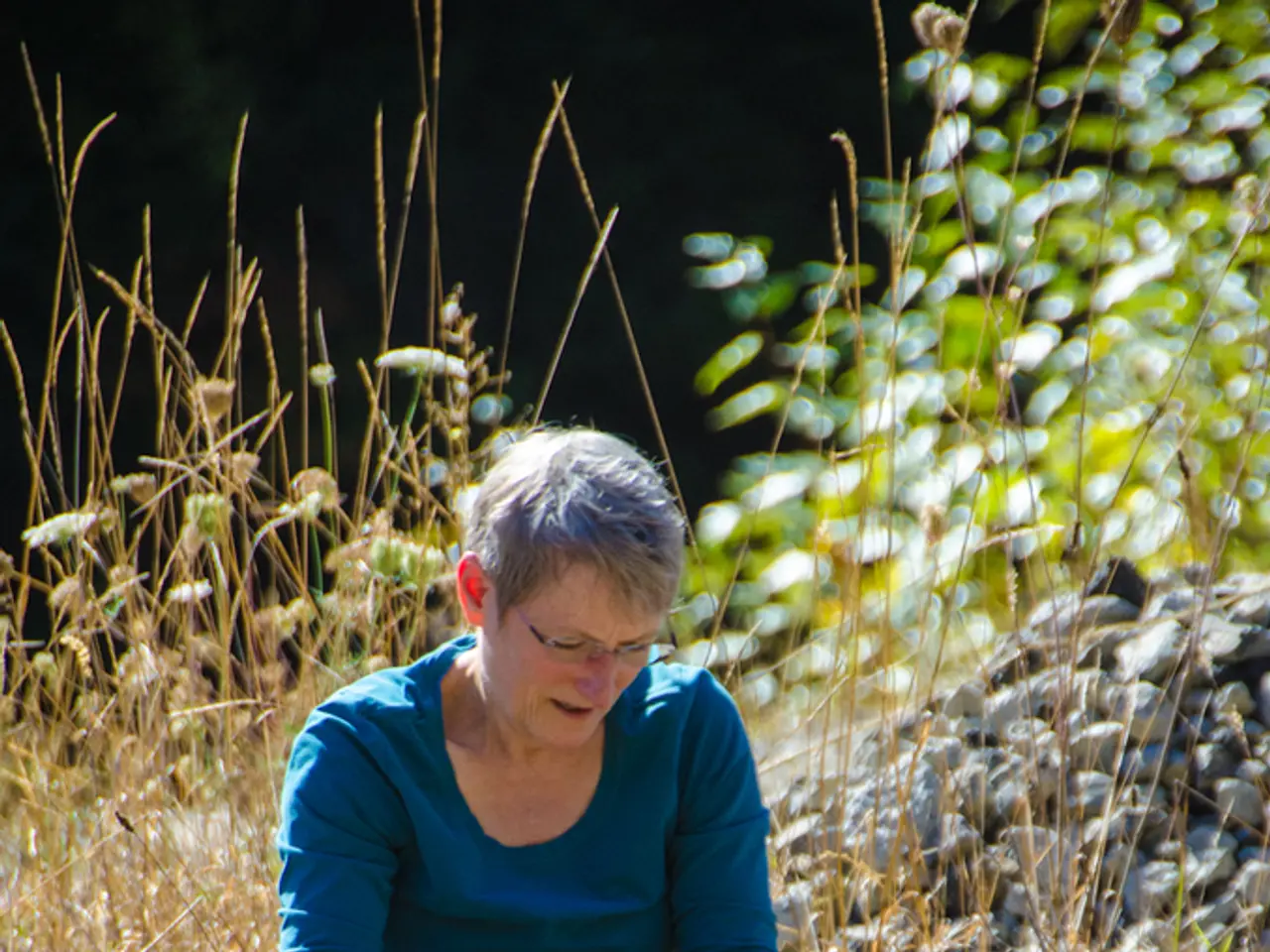Guide to Gardening for Senior Health and Vitality
In the pursuit of maintaining a healthy and fulfilling lifestyle, seniors can reap substantial rewards from gardening. This low-impact exercise offers a unique blend of physical, mental, and emotional benefits that can significantly improve overall well-being.
Physically, gardening tasks such as walking, planting, watering, and weeding help support muscle strength, flexibility, balance, cardiovascular health, and mobility maintenance. The gentle nature of these activities makes them suitable for seniors, while exposure to sunlight during gardening boosts vitamin D levels, benefiting bone health and immunity.
Mentally, gardening stimulates cognitive functions by requiring planning, problem-solving, and learning about plants and soil. This mental engagement can help delay cognitive decline and promote mindfulness and relaxation, reducing stress, anxiety, and depression. The nurturing aspect of gardening provides seniors with a sense of purpose and accomplishment, enhancing emotional resilience and self-esteem.
Emotionally, gardening fosters social interaction and community bonds, combating loneliness and increasing feelings of happiness. Working together on gardening projects creates shared goals and connection, which can improve seniors’ overall quality of life. Indoor or community gardens can be made accessible via raised beds and adaptive tools to accommodate mobility challenges, ensuring seniors can safely enjoy the benefits.
Gardening also offers rich sensory experiences that help activate neuroplasticity, the brain's ability to adapt and grow. Stimulating all five senses adds richness to your gardening experience and supports cognitive and emotional health. Ergonomic tools with padded handles and lightweight designs can protect joints and reduce fatigue, making gardening a comfortable and enjoyable activity.
The emotional benefits of gardening are numerous. Gardening lowers cortisol levels and increases endorphins, encouraging mindfulness, easing symptoms of anxiety and depression, and helping build a more resilient outlook on life.
Accessibility is crucial in gardening for elderly individuals. Raised beds and elevated containers reduce bending and kneeling, making gardening more comfortable and safer. Regular gardening can lower the risk of developing dementia by 28%.
Indoor gardening setups with herbs or microgreens offer the same benefits in a compact, accessible format. Rotating crops and introducing new plants each season keeps gardening interesting and can become a delightful ritual.
In conclusion, gardening offers seniors a therapeutic combination of physical activity, mental engagement, and emotional connection that enhances their holistic well-being. By incorporating gardening into their daily routine, seniors can enjoy a healthier, happier, and more connected life.
- By delving into the world of gardening, seniors can experience substantial improvements in their mental health as it stimulates cognitive functions and promotes mindfulness.
- Engaging in mindfulness through gardening can contribute to resilience, reducing stress, anxiety, and depression for elderly individuals.
- With home-and-garden activities like gardening, seniors can harness the science behind health-and-wellness, fostering emotional resilience and self-esteem.
- If physical activities are challenging, seniors can partake in indoor gardening setups with herbs or microgreens, reaping emotional benefits and connections in a compact format.
- The therapeutic blend of gardening’s physical, mental, and emotional benefits can help delay cognitive decline, combat loneliness, and improve overall lifestyle and well-being, making it an essential component of life management for seniors.




